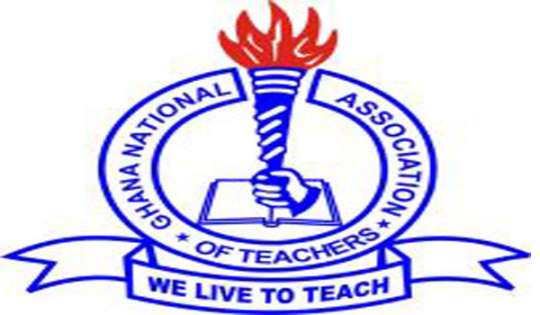General Secretary of the Ghana National Association of Teachers (GNAT, David Ofori Acheampong, has revealed the teacher union was not part of the national committee overseeing the implementation of the Free Senior High School Education policy.
As the Free SHS policy took a closer step to fruition with the unveiling of its logo on Thursday, Mr Acheampong said his union was essentially sidestepped in the implementation process.
The GNAT General Secretary described this as “very wrong,†in an interview on Citi Fm and bemoaned the fact that his union, one of the three teacher unions in Ghana, was not invited.
“Now when this national committee was established, we expected them to have written to us, as we hold the collective bargaining certificate, that look; teacher unions, we are setting up a national implementation committee and therefore we want you to send us a representative.â€
“Before we were aware, the implementation committee had been done already. We were only asked to come and serve on one of the subcommittees and definitely we sent people to go, but we thought that it was unrealistic.â€
“The best thing to have been done was that you write to us as teacher unions because at least, the law says that there must be one union which holds the collective bargaining certificate,†Mr Acheampong asserted.
He stressed that his union holds the largest teacher population in basic and second cycle schools, “therefore if you want to take any decision that affects education in Ghana, you cannot sidestep us.â€
The only teacher union that had a representative on the committee was the National Association of Graduate Teachers (NAGRAT), but Mr Acheampong said he never met on the outcome from committee meetings with the rep from NAGRAT.
The Free SHS programme which is scheduled to start in September, will ensure that government absorbs the full cost of public secondary education, with beneficiaries not having to pay admission fees, examination fees, and utility fees, among others, according to the government.





